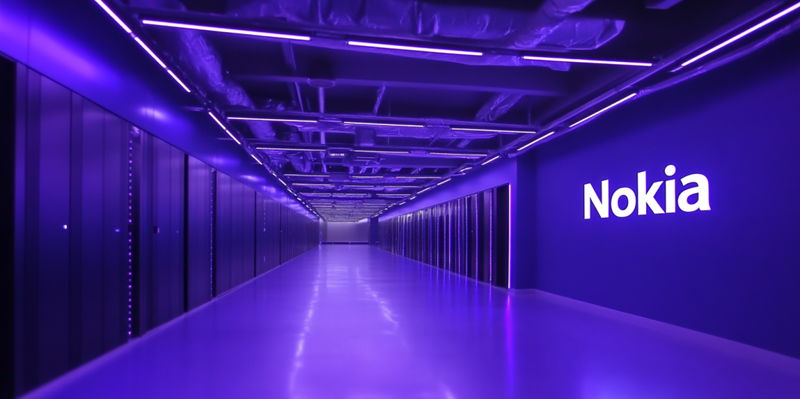The integration of Nokia’s expansive network solutions expertise with the robust capabilities of Microsoft Azure presents an intriguing development in enhancing data center networking. This amalgamation seeks to address contemporary data center demands by leveraging Nokia’s innovations in network efficiency and security, combined with Azure’s scalable and performance-driven cloud technologies. By uniting their strengths, the collaboration is focused on delivering next-generation solutions that aim to optimize the operational functionality of modern data centers, ensuring they can manage burgeoning data demands with greater efficiency and robustness.
Nokia and Microsoft Azure’s partnership underscores a broader industry trend of seeking collaborative innovations to solve the multifaceted challenges inherent in technological progress. This joint effort aims to integrate advanced technologies that foster not only improved scalability and performance but also prioritize enhanced data security, a critical factor in today’s digital landscape. The culmination of this collaborative endeavor is expected to yield significant advancements in network management, offering both immediate and long-term benefits to data center operations worldwide. Through this strategic alignment, both companies anticipate fundamentally transforming the landscape of data networking, setting new benchmarks for how data centers should function in the future.

